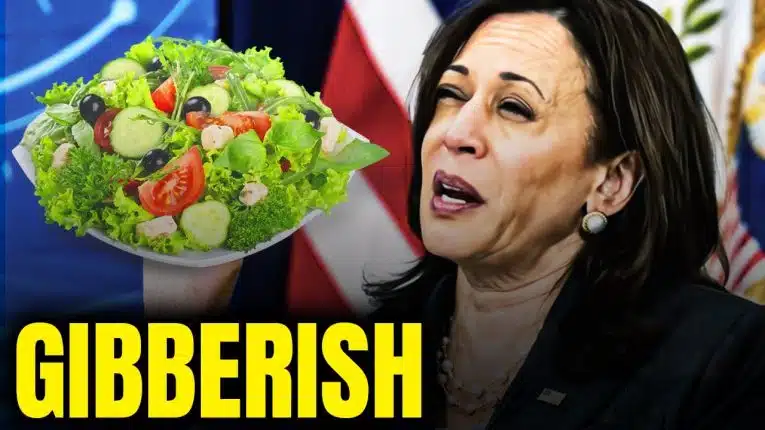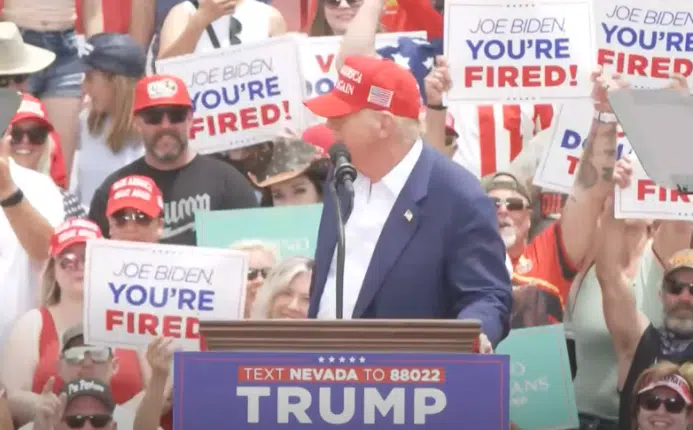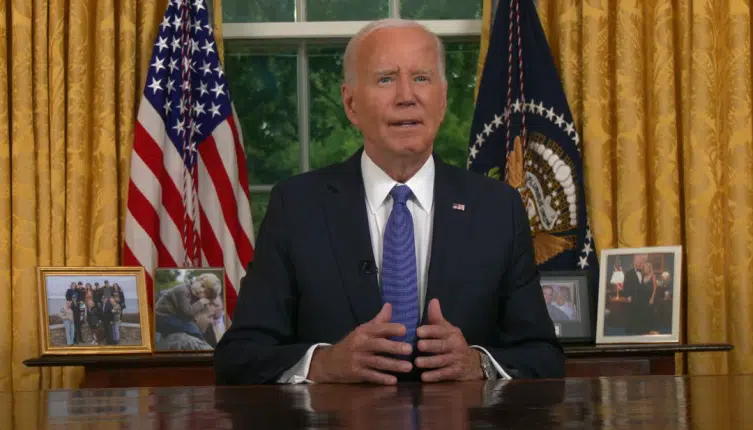“This amendment is about power and it’s about politicians silencing the citizens.”
That was Sen. Ted Cruz (R-Texas), speaking out against a proposed constitutional amendment by Sen. Tom Udall (D-N.M.). The bill would for all intents and purposes abolish the freedom of speech under the First Amendment — by directly empowering Congress and the states to regulate the amount of money that may be spent in elections, enabling them to limit speech against incumbent politicians.
With one big exception.
“Nothing in this article shall be construed to grant Congress the power to abridge the freedom of the press,” reads Section 3 of the amendment.
What do the proponents of the amendment mean by this?
Not the freedom of individuals to use the printing press, as the framers of the First Amendment most certainly meant when the Bill of Rights was ratified in 1791. Back then, there was no so-called press corps. But there were printing presses. The First Amendment simply meant that individuals could write or print whatever they wanted free of any government restriction.
A view endorsed in 2011 by UCLA law professor Eugene Volokh, who in a paper examined the issue in great detail, asking the question: “Freedom for the Press as an Industry, or the Press as a Technology?”
In it, he found no evidence to support the idea that the freedom of the press only protects journalists or media institutions with big bucks and television stations, writing, “an argument for a press-as-industry interpretation of the Free Press Clause must rely on something other than original meaning, text, purpose, tradition, or precedent.”
Volokh, in his exhaustive study, could not find a single court decision to endorse the view that press freedom only extends to some elite cadre of reporters.
He adds, “Through-out American history, the dominant understanding of the Free Press Clause (and its state constitutional analogs) has followed the press-as-technology model.”
Yet, clearly, the framers of the so-called campaign finance amendment are most certainly taking on a view that the freedom of the press only applies to certain media outlets. To wit, probably those defined under the Federal Election Campaign Act of 1971: “The term ‘expenditure’ does not include any news story, commentary, or editorial distributed through the facilities of any broadcasting station, newspaper, magazine, or other periodical publication.”
How do we know Udall favors a view that press freedom only applies to some sort of media establishment defined under law?
Because any other construction of press freedom as an individual right would lead to a direct contradiction in the text of the Constitution itself between the First Amendment’s “Congress shall make no law” and Udall’s “Congress shall have power to regulate.”
Individuals being brought under campaign finance regulation, no longer able to cite the freedom of speech as a valid defense, would inevitably sue for their rights under the press clause as an individual right. So what would courts do?
Your guess is as good as mine. Because what Udall and his 42 Democrat cosponsors in the Senate are doing is bastardizing the First Amendment’s protections that are supposed to apply to everyone, taking an unprecedented view that some media elites are more equal than the rest of us.
Robert Romano is the senior editor of Americans for Limited Government.







